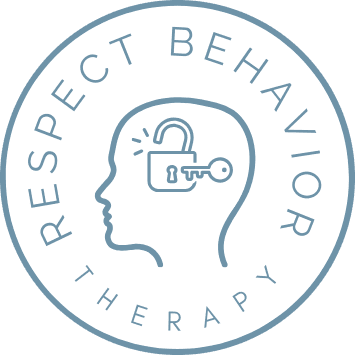Frequently Asked Questions about ABA Therapy

Providing Effective Autism Treatment through ABA Therapy
At Respect Behavior Therapy, we specialize in providing high-quality ABA (Applied Behavior Analysis) therapy for individuals with autism. As experts in our field, we understand that there may be several questions and concerns surrounding ABA therapy. In this article, we aim to address some of the most frequently asked questions about ABA therapy to provide you with a better understanding of how it can benefit individuals with autism.
What is ABA therapy?
ABA therapy, or Applied Behavior Analysis therapy, is a scientifically proven and evidence-based approach to treating individuals with autism. It focuses on understanding and improving behaviors and skills by breaking them down into smaller, more manageable parts. ABA therapy utilizes various techniques to teach and reinforce positive behaviors while reducing challenging ones.
What are the goals of ABA therapy?
The primary goal of ABA therapy is to improve the overall quality of life for individuals with autism and their families. By utilizing individualized treatment plans, ABA therapy aims to increase social, communication, and adaptive skills while decreasing problem behaviors. It helps individuals with autism develop independence, improve their relationships, and reach their fullest potential.
How does ABA therapy work?
ABA therapy begins with a comprehensive assessment to identify the unique needs and strengths of each individual. Based on this assessment, a customized treatment plan is developed. The therapy sessions typically take place in a one-on-one setting, where a trained therapist works directly with the individual to target specific behaviors and skills.
The therapist uses positive reinforcement, prompting, and shaping techniques to teach new behaviors and skills. These techniques are applied consistently and systematically, ensuring that progress is made over time. ABA therapy also involves data collection and analysis to track progress and make necessary adjustments to the treatment plan.
Is ABA therapy effective?
Yes, ABA therapy has been widely recognized as an effective treatment for individuals with autism. Numerous studies have shown that ABA therapy can lead to significant improvements in language development, social skills, academic performance, and daily living skills. The earlier the intervention begins, the better the outcomes tend to be.
How long does ABA therapy last?
The duration of ABA therapy varies depending on the individual's needs and goals. ABA therapy is typically provided intensively, with several hours of therapy per week. The length of the intervention may range from several months to a few years. Regular assessment and progress monitoring help determine when the individual has achieved their desired goals and can transition to a less intensive level of therapy.
Can ABA therapy be used for individuals of all ages?
Yes, ABA therapy can be beneficial for individuals of all ages, from toddlers to adults. The techniques and strategies used in ABA therapy can be modified to suit the developmental stage and individual needs of each person. Whether it's early intervention for a young child or targeted skill development for an adult, ABA therapy can make a positive impact at any age.
Is ABA therapy covered by insurance?
Many insurance providers recognize the effectiveness of ABA therapy and offer coverage for this treatment. However, coverage may vary depending on the insurance plan and specific policy. Our dedicated team at [Your Medical Practice Name] works closely with families to navigate insurance coverage and provide the necessary documentation to maximize benefits.
How can I get started with ABA therapy?
If you believe that ABA therapy could benefit you or your loved one with autism, we encourage you to reach out to our friendly team at [Your Medical Practice Name]. We offer comprehensive assessments, personalized treatment plans, and a supportive environment to help individuals with autism thrive.
Conclusion
ABA therapy is a proven, effective, and individualized treatment approach for individuals with autism. By addressing frequently asked questions about ABA therapy, we hope to provide you with a better understanding of its benefits and how it can make a positive impact on the lives of individuals with autism. If you have further questions or would like to explore ABA therapy for yourself or your loved one, do not hesitate to contact us at Respect Behavior Therapy
